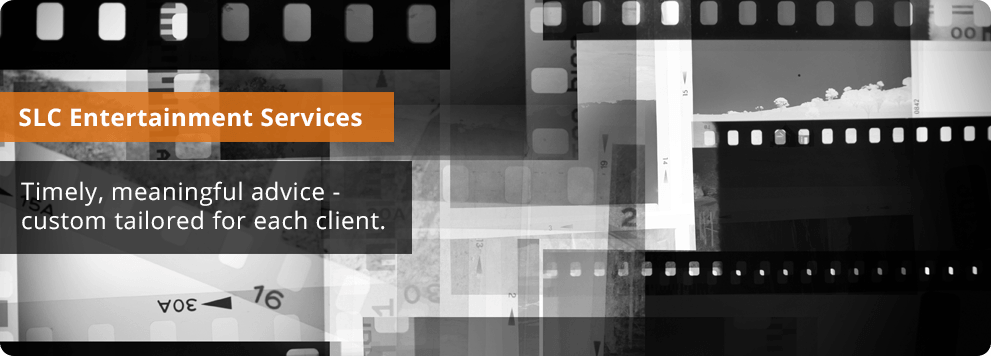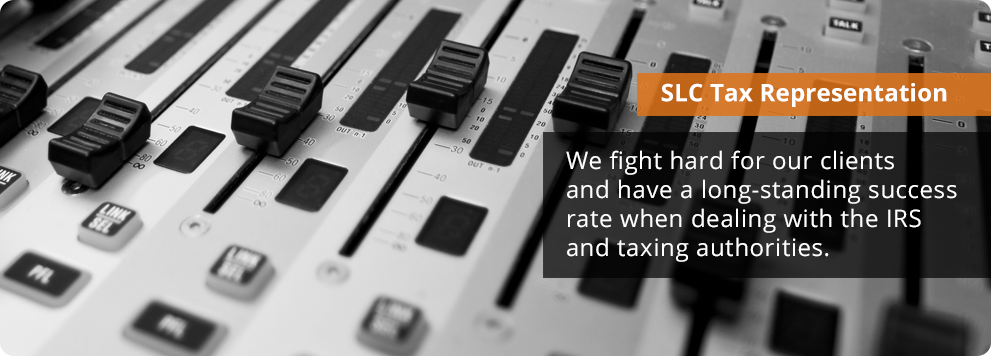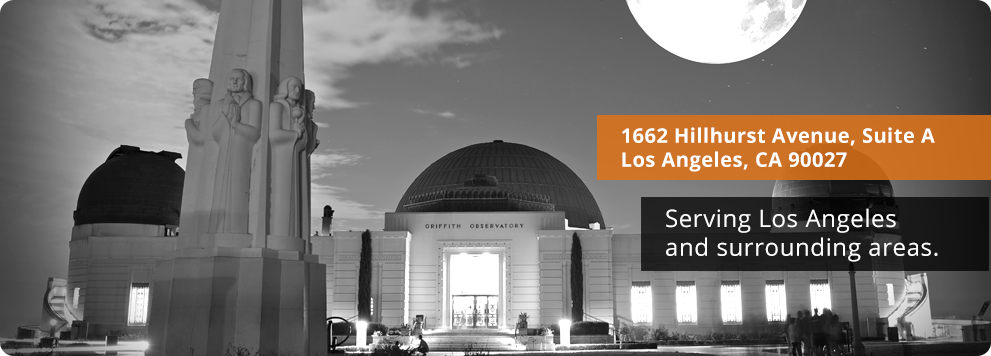Easy or Too EZ: New Rules for Tax Exemptions
Easy or Too EZ: New Rules for Tax Exemptions
SEPTEMBER 24, 2014
BY TABASSUM ALI
The Internal Revenue Service introduced Form 1023-EZ in July to streamline application for recognition of tax exemptions under Section 501(c)(3) of the Tax Code. However, the agency’s decision to streamline exempt processes has sparked criticism from large charity groups, although some have applauded the agency for introducing this program.
Tax-exempt status under 501(c)(3) exempts nonprofit groups from paying taxes and allows them to receive tax deductible contributions. Under the new rules most organizations with $ 50,000 in annual gross receipts or less and assets of $ 250,000 or less can apply by using Form 1023-EZ, which is three pages long. The agency believes smaller version will help reduce the months-long backlog of 60,000 applications it receives every year.
The National Council of Nonprofits, in a nine-page letter, urged the IRS to withdraw the short form and instead streamline an old form 1023. The old form consists of 12 pages, with many schedules, and requires charities to provide three or four years’ worth of financial data.
“An IRS decision to grant status as a charitable nonprofit is a momentous one creating cascading results, so it should not be done lightly,” said the letter.
Among other concerns, opponents believe the new rules lack details, require no financial data and merely ask applicants to check boxes saying they have certain documents rather than providing them. The advocacy group cited concerns that the new form and the related express-lane approval process will reduce public trust.
“Reducing the Form 1023-EZ to a simple check-off form renders the mandate of transparency to public scrutiny a rather empty and meaningless exercise” said the letter.
Critics also believe that by introducing the new program the IRS has also shifted burdens to existing charitable nonprofits and state charity regulators.
“By abdicating its front-end review of tax-exempt eligibility, the IRS is also shifting part of its enforcement duties and costs to state charity officials, who now rely on the IRS’ known-to-be-tough scrutiny in the tax-exempt determinations process,” the letter further stated.
However, the IRS has termed the new program a “commonsense approach” aimed at reducing lengthy processing delays for tax exempt groups.
“The change cuts paperwork for these charitable groups and speeds application processing so they can focus on their important work," IRS commissioner John Koskinen said in a press release.
The IRS contends the new Form 1023-EZ will allow the IRS to speed the approval process for smaller groups and free up resources to review applications from larger, more complex organizations while reducing the application backlog.
Currently, the IRS has more than 60,000 501(c)(3) applications in its backlog, with many of them pending for nine months. The agency, depending on the complexity of an application, traditionally takes nine to 15 months to process applications under the old Form 1023.
However, the new program has reduced processing to as little as one month, as noted by many who have filed under new program, including the author. Previously all nonprofits went through a lengthy application process, and accounting fees associated with compiling required documents for submission were almost the same for most of them. Observers believe that the new rules will help reduce higher costs for small nonprofits.
According to the IRS, the change has not only allowed the agency to speed the approval process for smaller groups, but it will also free up resources to review applications from larger more complex organizations.
"Rather than using large amounts of IRS resources up front reviewing complex applications during a lengthy process, we believe the streamlined form will allow us to devote more compliance activity on the back end to ensure groups are actually doing the charitable work they apply to do,” Koskinen said.
The agency believes the compliance risks associated with the new rules are low. “We believe that many small organizations will be able to complete this form without creating major compliance risks,” Koskinen further noted.
It is worth mentioning that an earlier draft of Form 1023-EZ that was submitted for public comment considered an annual gross receipts threshold of $200,000. But the draft received heavy criticism from many advocacy groups, restricting its use to very small organizations with $50,000 or less in annual gross receipts.
The new Form 1023-EZ can be efiled through pay.gov.








 Contact Us Today to discuss how we can help you meet your financial needs.
Contact Us Today to discuss how we can help you meet your financial needs.


